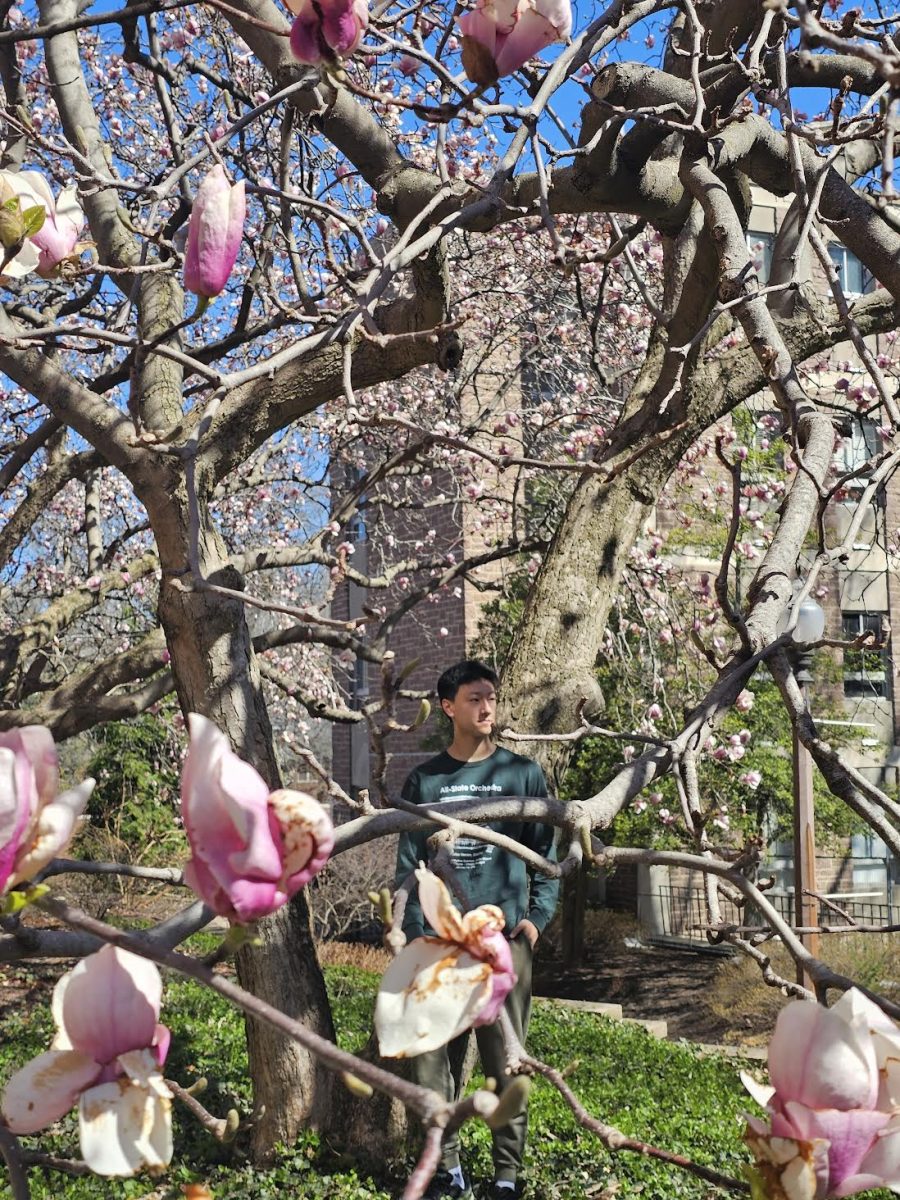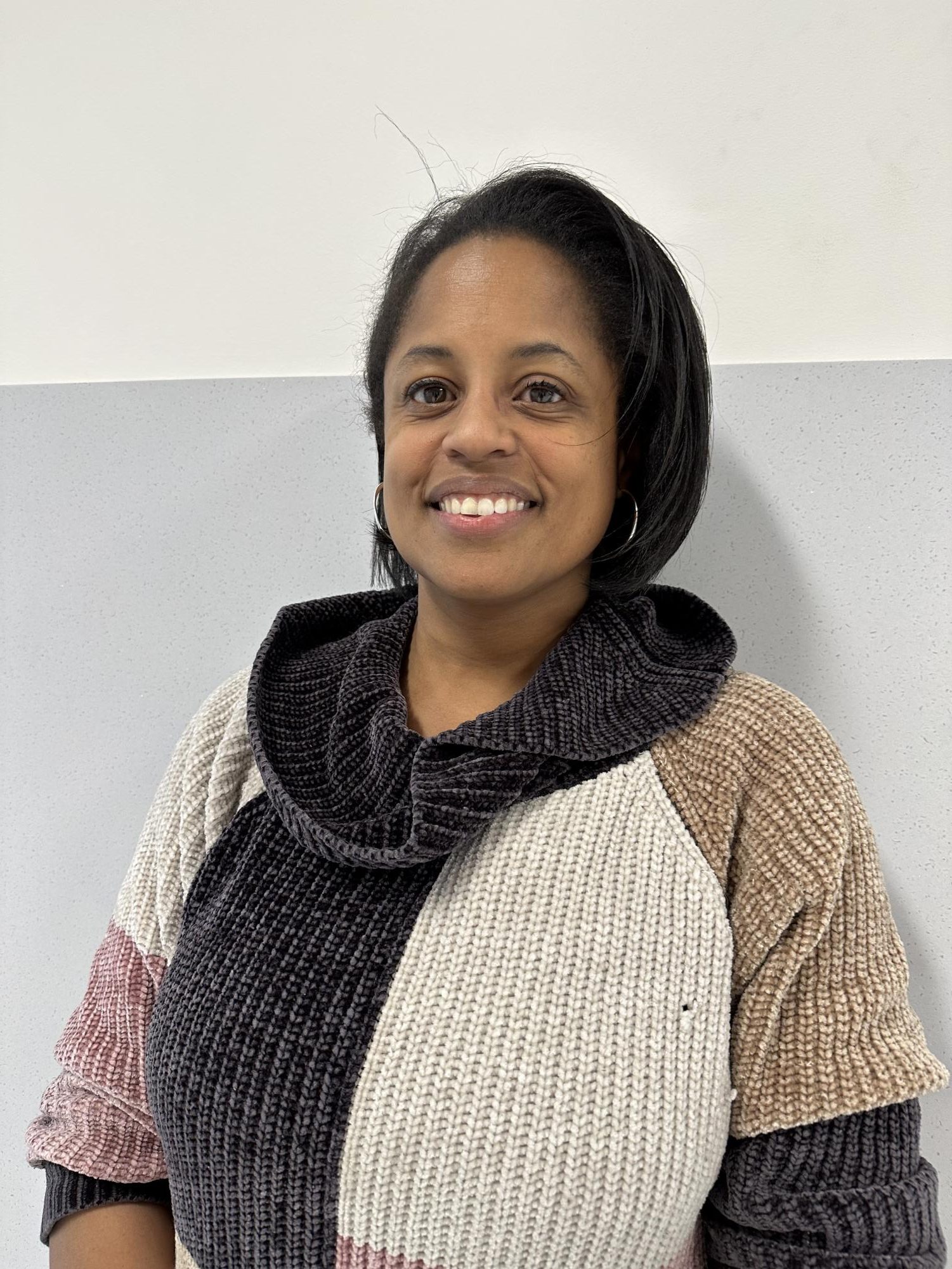
Before social studies teacher Stephanie Bellville became part of Ladue’s staff, she taught at a magnet school in San Francisco. The school had high expectations for their students, and Bellville sensed that her students were collapsing under the pressure. Luckily, Bellville had a solution: yoga.
Bellville began teaching yoga in 2004, completing a 200 hour program for certification. She hoped that her expertise would benefit her students and herself.
“[Yoga has] the physical benefits, it’s got the mental benefits [and it’s got] sort of the breath and the relaxation,” Bellville said. “Somehow, to me, and I cannot for the life of me explain why, it connects me to my spirit.”
Not only that, but mastering yoga has also benefited Bellville’s professional life.
“The more stressed out I was as a teacher, and the more sleep-deprived and the more anxious I was, the worse of a teacher I was,” Bellville said. “So for me, yoga helps me to return myself to equilibrium so that I can really be present for my students and then create that space to find the inspiration in my teaching.”
Imagine the sound of hundreds of bees buzzing all at once, encompassing your hands. For some people, this is a nightmare. For Mike Hill, an APUSH and US History teacher, it’s meditative.
“I go into the backyard, it’s my way to escape, keeping the bees,” Hill said. “I’ll pull a frame of bees out of the hive and I will just start to watch them because they’re all doing different things. I’ll just sit there and I swear it’d be like 10 or 15 minutes later, I’m still holding this frame just watching.”
Hill started beekeeping in 2017, by the influence of a former colleague, Eric Hahn.
“[He’s a] veteran teacher, worked in my department for several years, he kept bees, but he lives in the Central West End,” Hill said. “I was always kind of fascinated by that, I would go to his house for functions or parties, and he would have these hives in his backyard, and I was fascinated by that.”
Since then, Hill has come a long way with his knowledge and experience of not just bees, but beekeeping. Despite pursuing this for six years, he has never lost the fascination of beekeeping, and recommends it to anyone interested.
“Absolutely do it,” Hill said. “It’s super fun to share what the bees have done with other people, giving away honey or selling honey or something like that. That’s really cool. But I think the best part is just being out there by yourself doing your own thing.”
P.E. and weightlifting coach Matthew Maier wasn’t always set on becoming a lifting coach. Maier is multilingual and taught abroad before coming back to St. Louis to teach.
“I learned German, Russian and did that for about five years,” Maier said. “Then, I went back, and I got my masters, and I started coaching football, track and weightlifting.”
Teaching weightlifting and conditioning to high school students requires more than just physicality. According to Maier, it also requires technique and innovation.
“Weightlifting isn’t about the weights, it’s about the technique,” Maier said. “It’s also about creativity, [because] weightlifting can be repetitive.”
Although Maier’s career path could have gone very differently, he feels that teaching is well worth it.
“Working with [my students] was the reason I came back, got my masters degree,” Maier said. “This was the reward.”
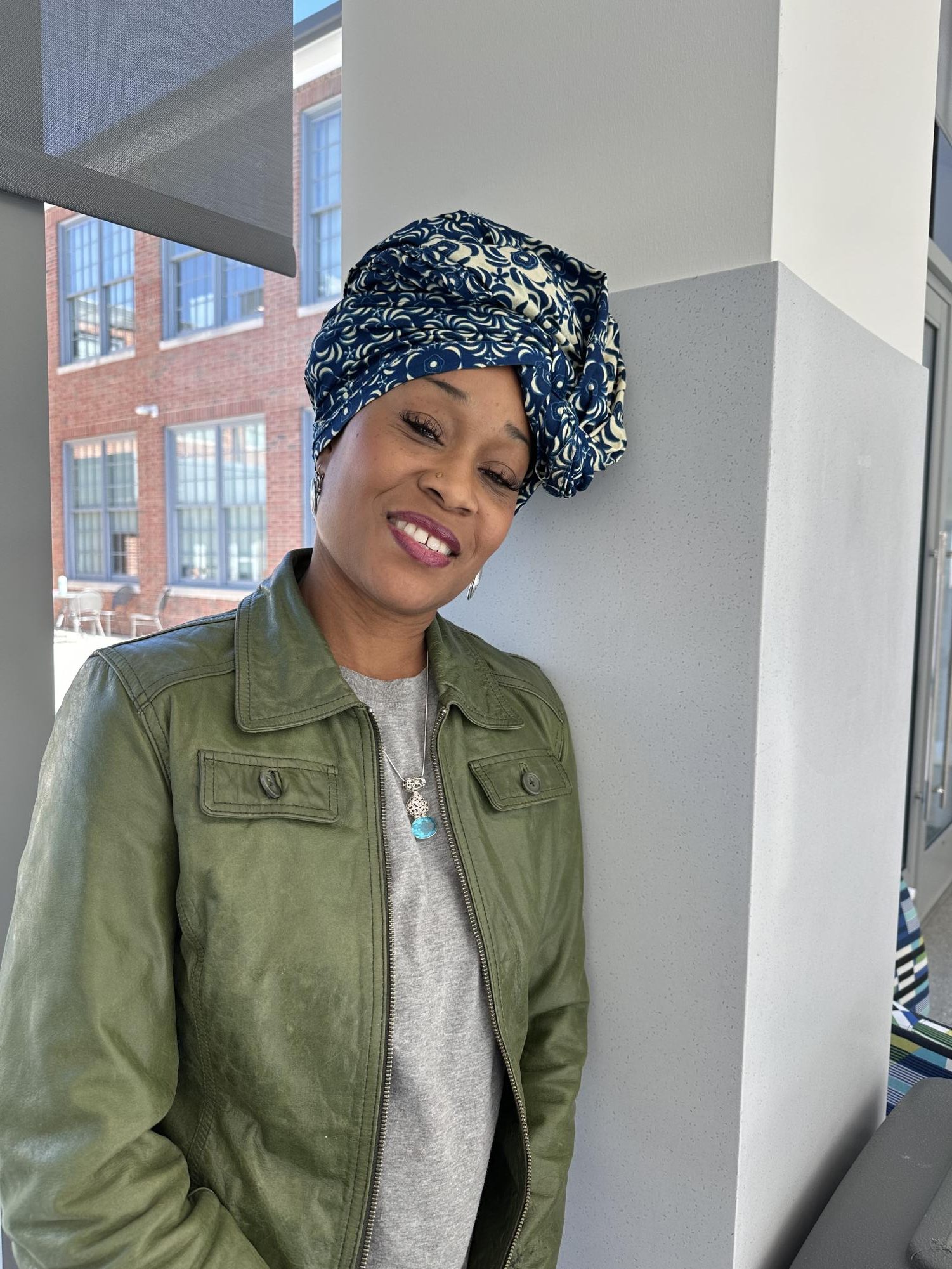
Businesswoman. Pastor. Teacher. Salon owner. These are all words to describe teacher Tachelle Rhiney. Rhiney, who has taught at Ladue since 2016, serves in the special education department and co-teaches in the ELA department. When she’s not teaching, Rhiney can be found pursuing her other hobbies, including opening a hair salon and attaining a masters degree in theology.
In 2014, Rhiney opened her own hair salon, Embrace You. Rhiney’s goal with Embrace You was to help people feel more beautiful through their hair.
“In a world where social media and celebrities are always pulling at us to mimic something, I really want to encourage people to look forward to themselves,” Rhiney said. “I really wanted to teach people, specifically women, how to look more inward for beauty.”
To Rhiney, self care and hairstyling is about more than just appearance. The mental aspect is just as important, if not more.
“There’s an emotional, spiritual connection that women have to our hair,” Rhiney said. “Something about getting your hair done just [makes] you feel like you can face the world again. I like being part of that transformation.”
Another interest of Rhiney’s is theology. She became an assistant pastor and licensed minister after going to seminary in 2011. She found that her studies in theology helped her to deal with life’s challenges.
“In a world that focuses so much on negativity, you have to have an escape,” Rhiney said. “You have to have a spiritual outlet. And for me, God has always been that, even as a little girl, when there were days when we didn’t know where we were going to get our meal, or if there would be lights or if there would be gas.”
Through her spiritual work, Rhiney found a communal connection with her church that she applies to teaching.
“One of the reasons why I love teaching [is] it gives me an opportunity to create community wherever I am,” Rhiney said. “Church is such a beautiful way of doing it. You have all these different people coming from all different walks of life, and you really do become brothers and sisters. And so one of the things I tried to mimic is at school, where my students aren’t just my students but they’ve become my family.”
Juggling teaching and her business as well as her pastoral duties is no easy task. Rhiney’s key to success is her love for the transformative work she does in these professions.
“[On] the days that I want to give up, then I have a moment with the student or I have a moment with the client or I have a moment with someone at church and it reminds me of what I do,” Rhiney said. “And it gives me a little bit more drive to do it.”
Ultimately, Rhiney believes that her calling to these professions is something she was meant to do.
“I don’t think that my destiny has changed. I don’t think my purpose has changed, but maybe the avenues in which I do it may change,” Rhiney said. “But in the meanwhile, I’m just gonna take the ride.”

The spotlight was on Michele Walton. She was alone on the stage, playing a character trying to figure out a murder mystery. Everything had gone smoothly up until that moment — her acting was on point, and she’d become comfortable with the attention of the audience. But as she opened her mouth to say her next line, she blanked. It’s an actor’s worst fear, and she was living it. At that moment, her only option was to rely on her years of experience in acting. She was able to improvise her way through the lines, knowing that even if she forgot the rest of her dialogue, she’d be able to recover.
Walton began acting in the third grade and continued through high school and college. Her love for the theater and performing arts stemmed from the community.
“Especially in high school, we had a core group of people [in the theater community],” Walton said. “We were always putting on shows together. It just felt really great to be part of a community that was doing something, so that was a big draw [to theater].”
After college, she moved to LA to pursue acting professionally, but discovered that it wasn’t sustainable on its own.
“I was in LA, and someone had suggested that I substitute teach,” Walton said. “Money is few and far between [as an actor], and you still have to eat, you still have a car [and] you still have expenses, right? So I had to have some other job doing something else.”
Although teaching began as a supplementary job for Walton, it soon became a passion.
“One of the reasons why I like teaching [is] because it’s a little bit of a performance art,” Walton said. “You want to connect with your students. You want to bring things to life for them. There are elements of [performance arts] that I do every single day.”
Today, Walton continues to act on the side, but has found a fulfilling career in teaching.
“My view now is that acting is a wonderful part-time job,” Walton said. “If I had been able to just have a normal life with [acting], I would have done that. I can have a regular life with [teaching].”


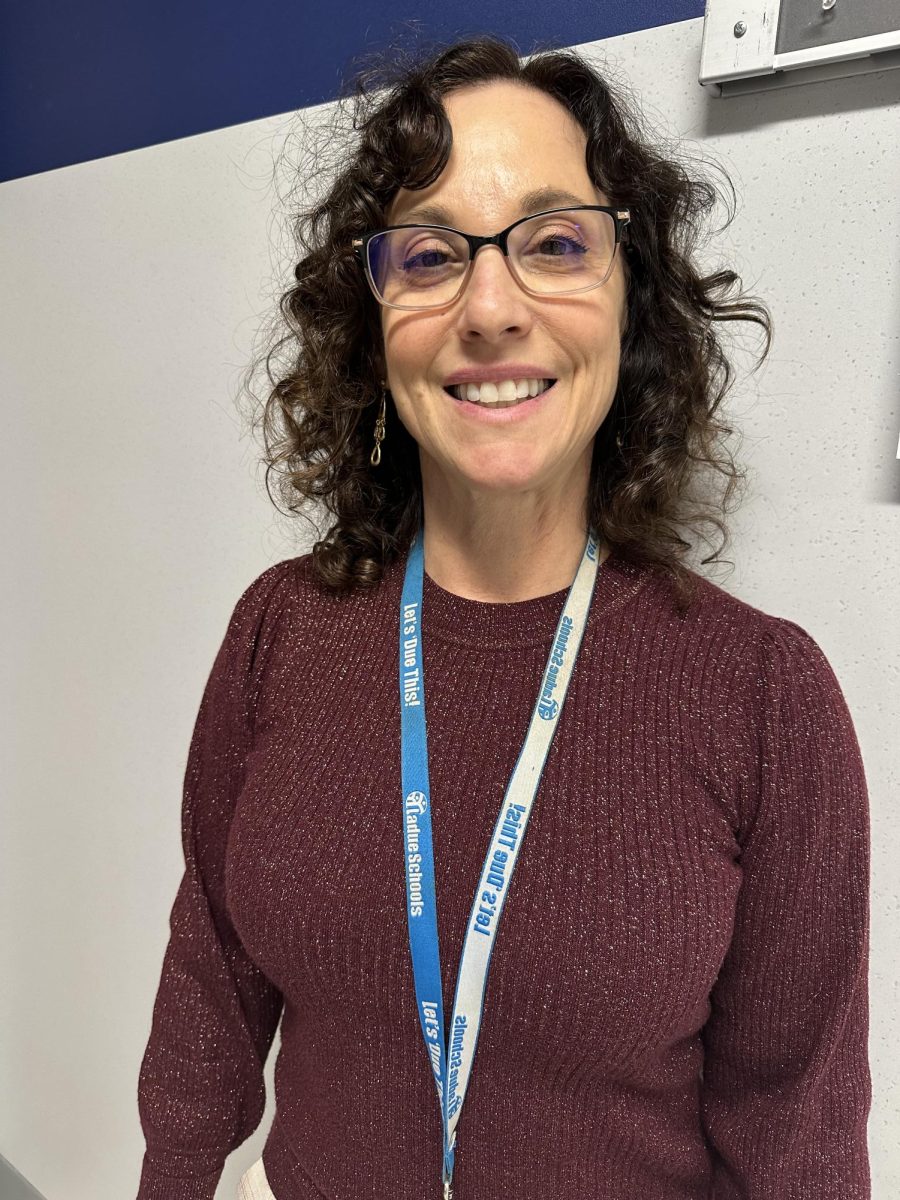
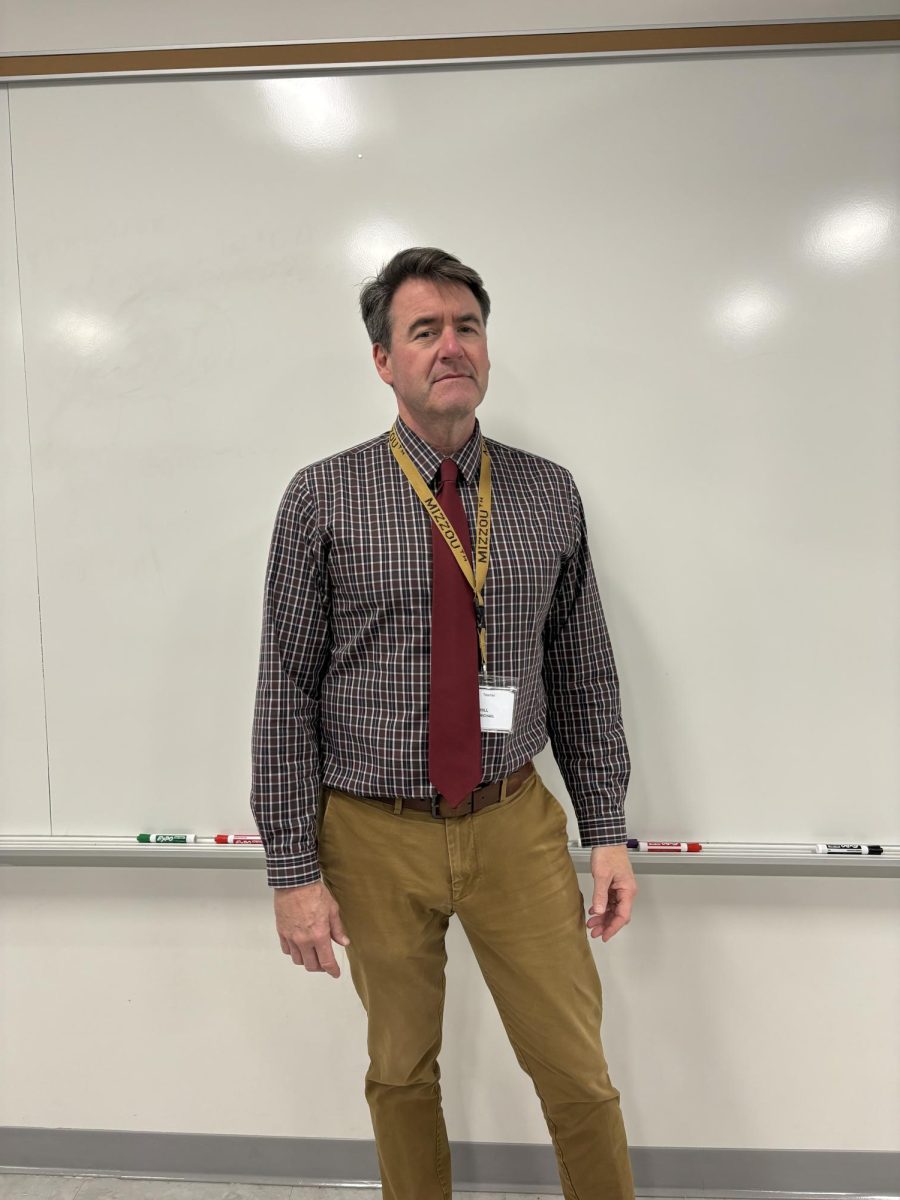
![A client poses for a photo. Although Hannah Hiken (12) enjoys painting nails for others, she prefers to have control of her own artistic freedom. “I do [nails] on myself a lot. I think that's what I really enjoy most,” Hiken said. “Doing it on myself, because I can choose everything I want to do.”
Photo courtesy of Hannah Hiken](https://laduepublications.com/wp-content/uploads/2025/05/IMG_1740-1200x986.jpeg)
![Duckham spends large amounts of her free time reading. Dealing with fewer classes this year, Duckham’s bookshelf at home has seen more use. “I call every book my favorite, but not truly every book [is]. I wrote my dissertation on Herman Melville, so I guess I'd have to say Moby Dick, is definitely one of my all time favorites,” Duckham said. “I really do love both British and American novelists of the 19th century. I tend to prefer nonfiction over fiction. For some reason, I think there's so many great non fiction writers, and I love the whole idea of something being true.
(Photo Courtesy of Janet Duckham)](https://laduepublications.com/wp-content/uploads/2025/05/IMG_6605-1200x900.jpeg)
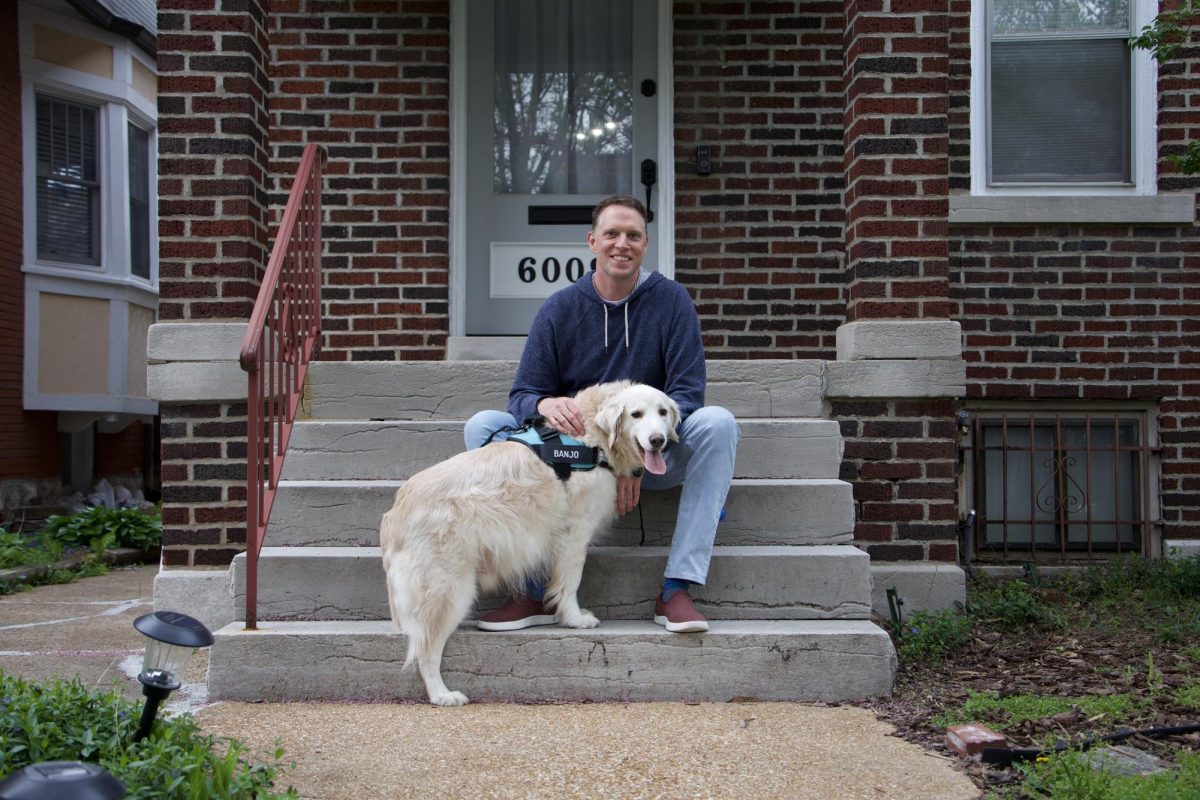
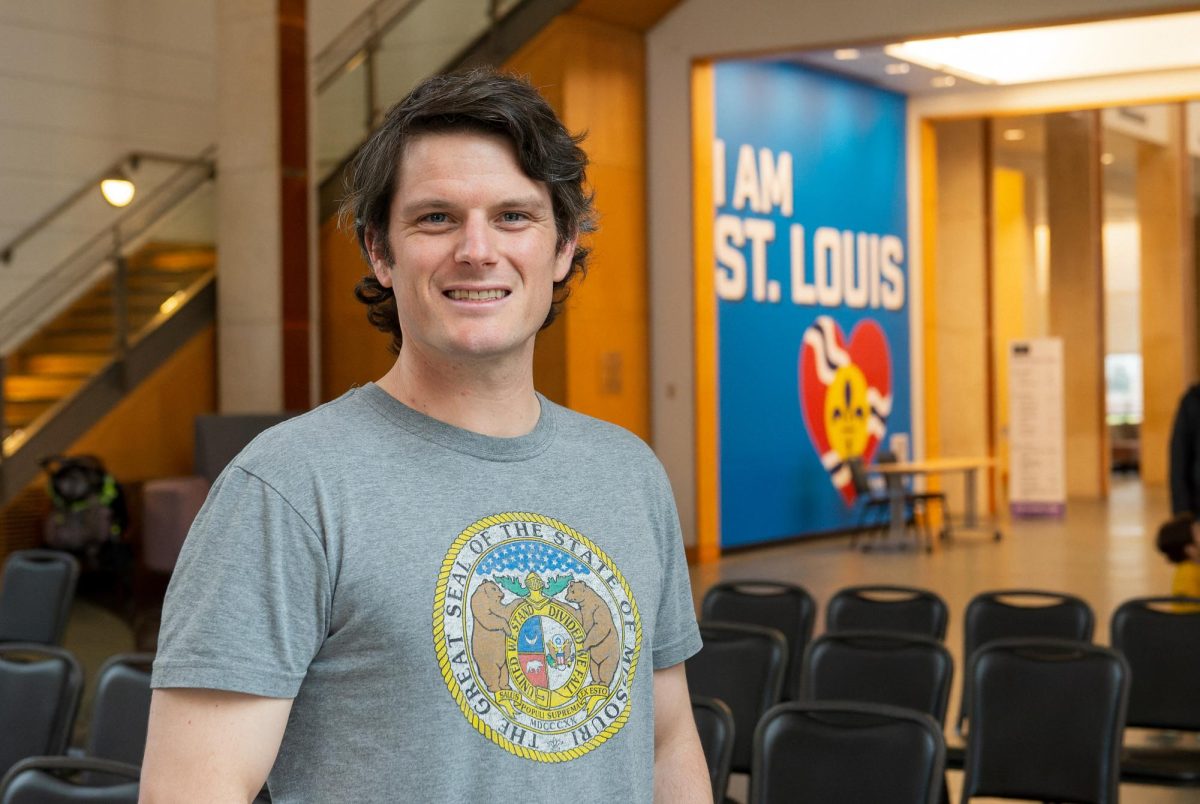
![ABOVE: Duncan Kitchen (10) plucks the strings of his guitar at his home. Duncan’s older brother inspired him to start playing the guitar two years ago. “On any given day [in Alaska], you could walk up the mountain start a campfire [and] play guitar,” Duncan said. (Photos by Vincent Hsiao)](https://laduepublications.com/wp-content/uploads/2025/04/Hsiao_20250325_DuncanKitchen_010-1200x839.jpg)
